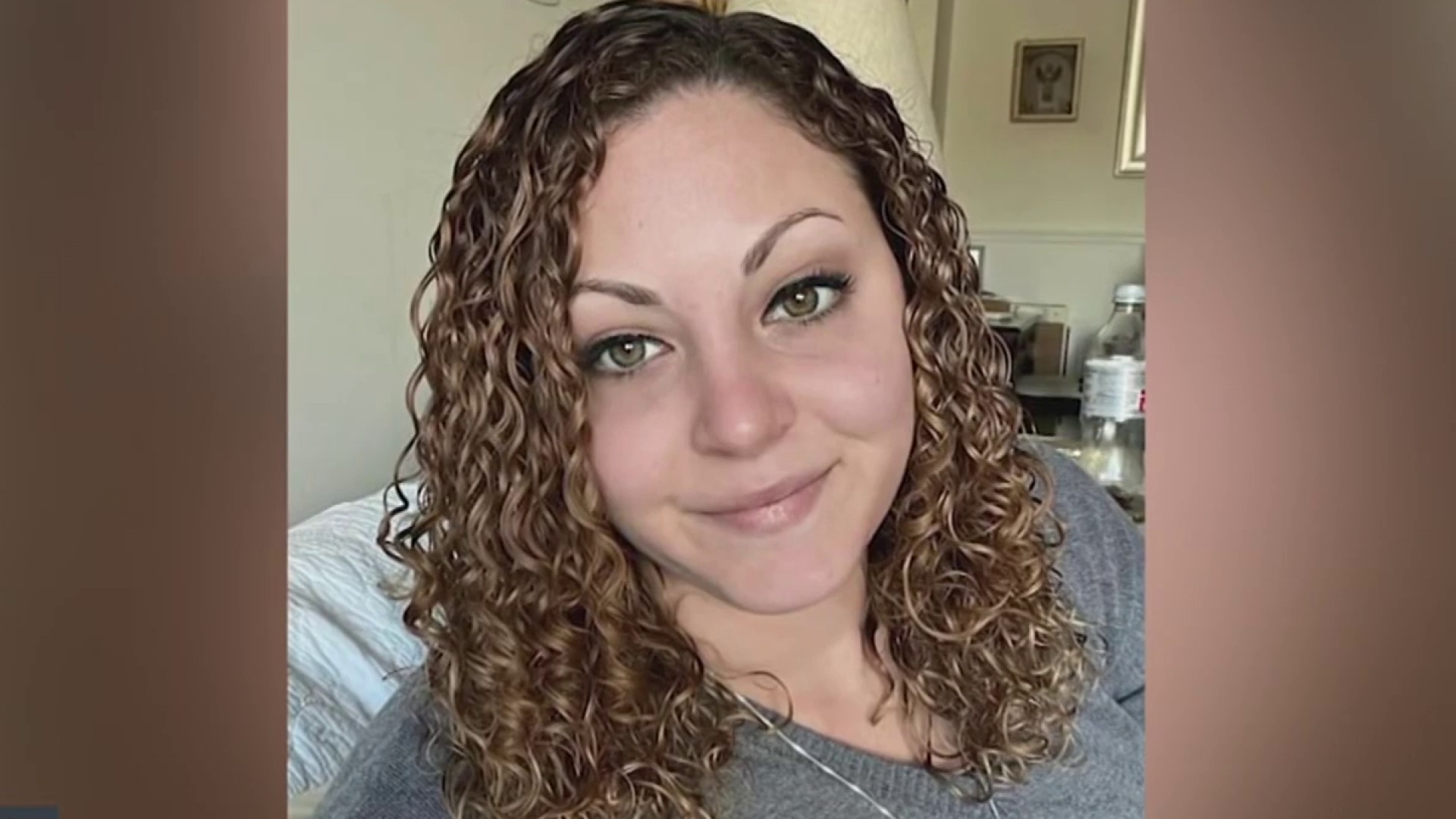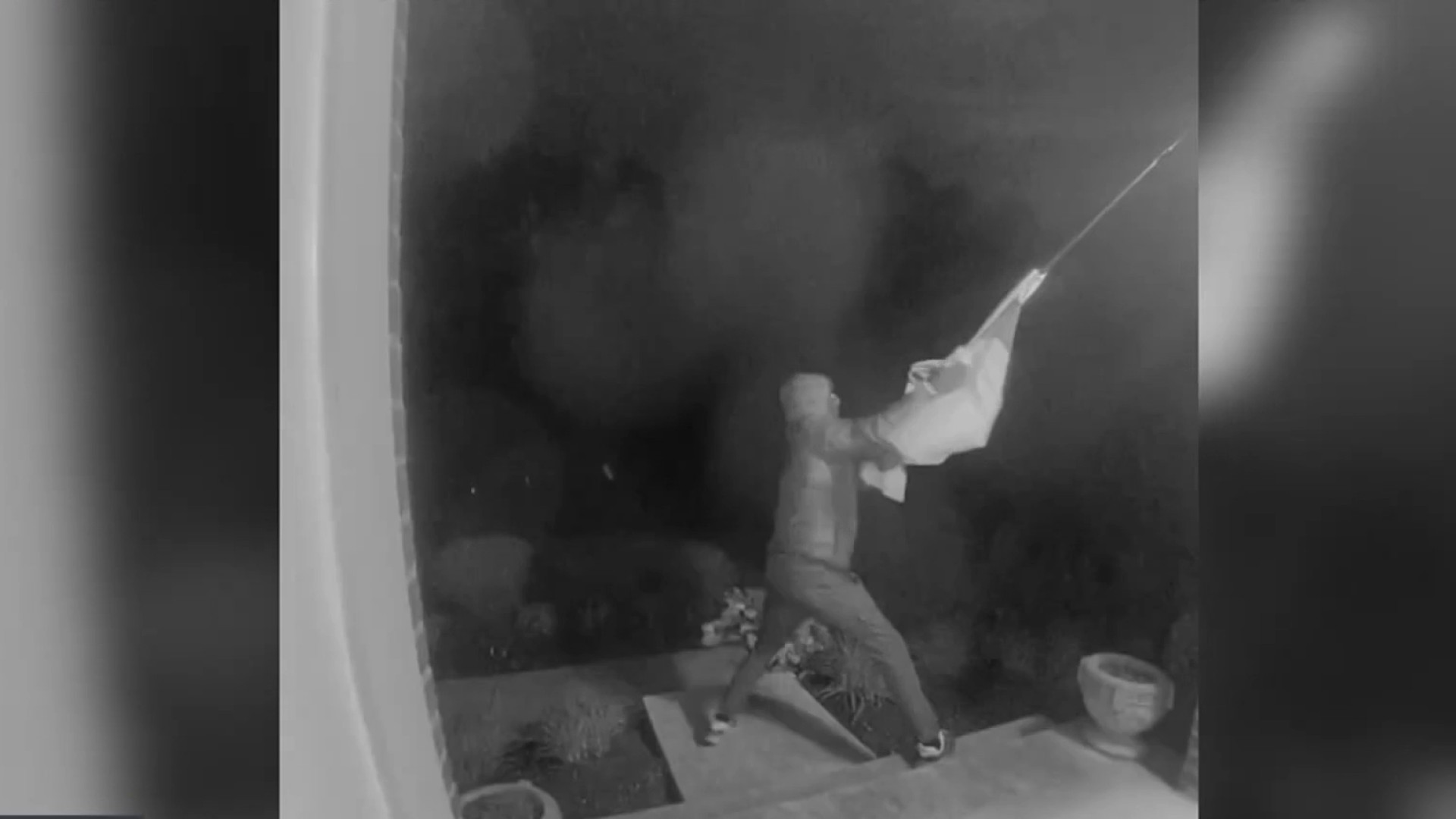A police officer charged with manslaughter in the death of Freddie Gray testified in his own defense Wednesday, saying he didn't call for a medic because Gray was "unable to give [him] a reason for a medical emergency.''
Officer William Porter, the first of six officers to go on trial in Gray's death, told jurors that Gray had no physical signs of injury when he checked on the man in a police wagon after his arrest. Porter was present at five of the van's six stops during a 45-minute ride. Prosecutors say Gray suffered the critical spinal injury that eventually killed him during the van's fourth stop.
"I didn't call for a medic because after talking to Freddie Gray he was unable to give me a reason for a medical emergency,'' Porter, 26, said. "He never made a complaint of pain or an injury. In order to call for an ambo, I need age, sex, location and complaint of injury. He wouldn't give me a complaint of injury.''
Porter also faces assault, misconduct in office and reckless endangerment charges. If convicted on all of the charges, the maximum penalty he faces is about 25 years. He pleaded not guilty.
Gray was a 25-year-old black man who died a week after suffering a spinal injury at some point during a 45-minute ride in the back of the van. His death set off protests and a riot in the city, and became a rallying cry for the Black Lives Matter movement.
The officer was calm and poised as he testified in his own defense. Porter said he suggested to the van driver, Officer Caesar Goodson, that Goodson take Gray to the hospital because he knew a prisoner claiming injury would be turned away from jail.
But "I can't tell Officer Goodson what to do," Porter said when asked why he didn't do more to ensure that Gray went to the hospital immediately.
Porter, who was driving a patrol car, responded to calls for assistance at some of the van stops. He said that during the fourth stop, he went inside the back of the van and helped Gray, who was handcuffed and shackled, from the floor onto the bench. Porter said Gray wasn't limp, and was able to support himself with his legs.
The fourth stop is crucial in Porter's case because prosecutors say Gray was already injured by the time he arrived there, and that Porter's failure to call a medic contributed to Gray's death. Defense attorneys say Gray was injured later in the ride.
"Freddie Gray wasn't injured at stop four or five, it's that simple," Porter said. "Had he been injured, I would have called a medic."
Prosecutors also say that by not buckling Gray into a seat belt during that stop, Porter was criminally negligent. The department requires detainees to be buckled up and the policy was updated just days before Gray's arrest, leaving no ambiguity about whether a prisoner should be belted.
Porter told the jury that the wagon is "pretty tight" and said that of his 200 arrests involving the transport van, he has never belted in a prisoner.
Porter added that it would have been Goodson's responsibility to buckle Gray into a seatbelt and he didn't know if Goodson did so at the fourth stop because he left the scene before as the driver was closing the van doors.
Goodson faces the most serious charge stemming from Gray's death: second-degree "depraved-heart" murder. His trial is next month.
As Porter spoke from the witness stand, facing the jury box, the jurors listened intently, some leaning forward and scribbling notes.
Porter, the first of six officers to go on trial, said he only realized Gray was hurt when the van reached the police station. Porter said Gray was unresponsive "with mucus around his nose and mouth."
He called Gray's name -- which elicited responses at previous stops -- but this time Gray was silent. Porter told jurors the experience was "a very traumatizing thing for me, also. Knowing him from the neighborhood and calling his name."
When one of Porter's lawyers asked him why he didn't buckle Gray with a seatbelt, he said he had been carrying a gun on his right hip, implying he believed Gray would have been able to grab it.
Local
Washington, D.C., Maryland and Virginia local news, events and information
"In academy, and through my experience and training as an officer, even the most docile detainee presents a risk," he said.
Prosecutor Michael Schatzow reacted to that statement on cross-examination, asking "Does that mean you never seatbelt anyone?"
A Maryland medical examiner ruled Gray's death a homicide. On Wednesday, the defense called its own expert, forensic pathologist Dr. Vincent DiMaio.
DiMaio testified that Gray's neck was broken by hitting a hard surface. Porter's lawyers contend Gray was slamming his head against the police van, and had injured himself. DiMayo testified that Gray's death was an accident, not a homicide.
The defense is expected to call on Thursday a witness who rode alongside Gray in a separate compartment of the police van.



